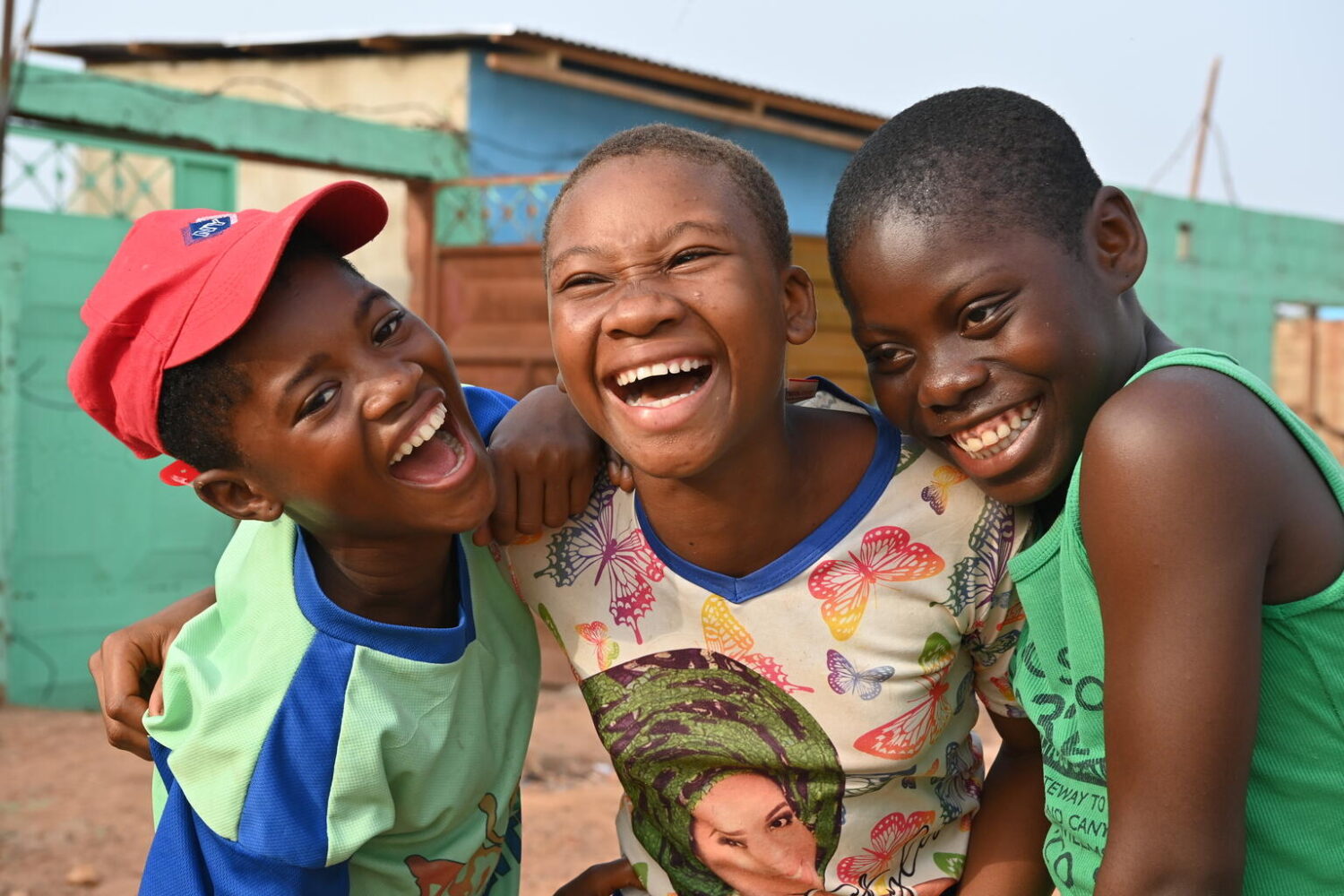
Children’s Well-being in UK, Sweden and Spain: The Role of Inequality and Materialism
Unicef’s Report Card 7, published in 2007, put the low well-being of children in the UK firmly on the agenda. Compared with 20 other OECD2 countries, including substantially poorer countries such as Poland and Greece, the UK came bottom on three out of six dimensions of well-being, and came bottom overall in the league table. Other indices of children’s well-being have also found the UK to be doing badly.
Unicef UK wished to understand this poor performance and how it relates to children’s rights and well-being within the UK. To explore some of the potential drivers worth further investigation, Unicef UK commissioned a scoping study. This reviewed the available data and literature to consider the factors which appeared to account for between-country differences in child well-being at an international level.
As a result of the scoping study, Unicef UK commissioned Dr. Agnes Nairn and Ipsos MORI to conduct this qualitative research project to explore the links between inequality, materialism and well-being in children, and the policy implications of this for the UK Government.

